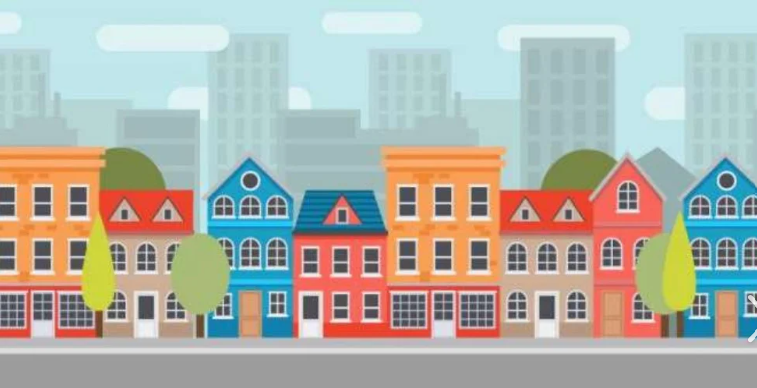 Image Source : SlideShare
Image Source : SlideShare
In a landmark move to democratize urban development and housing reform, the Government of Pakistan has officially opened public feedback on the Draft National Housing Policy 2025. Announced on August 2, 2025, the Ministry of Housing and Works launched a nationwide digital consultation platform—digitaldialogue.gov.pk—to invite citizens, experts, developers, and civil society to shape the future of housing in Pakistan.
This initiative marks a significant shift toward participatory governance, aiming to create a people-centric, inclusive, and climate-resilient housing framework that addresses the needs of all socioeconomic segments.
Key Highlights of the Policy and Consultation Drive
The draft policy was first introduced in March 2025 and is now open for public review for 20 days.
Citizens can submit feedback via the digital platform using access code b68692f0.
The initiative is a collaboration between the Ministry of Housing and Works and the National Information Technology Board (NITB).
Stakeholders include urban planners, developers, academia, civil society organizations, and the general public.
Core Objectives of the Draft National Housing Policy 2025
Affordability and Accessibility The policy prioritizes affordable housing solutions for low- and middle-income groups, aiming to reduce the housing deficit through targeted subsidies and inclusive financing models.
Urban Planning Reforms It proposes integrated urban development strategies, including zoning reforms, vertical expansion, and transit-oriented development to optimize land use and reduce urban sprawl.
Climate-Resilient Infrastructure Emphasizes sustainable construction practices, energy-efficient housing, and disaster-resilient designs to mitigate the impact of climate change on urban settlements.
Public-Private Partnerships (PPPs) Encourages collaboration between government bodies and private developers to accelerate housing delivery, improve quality standards, and ensure long-term maintenance.
How Citizens Can Participate
Visit digitaldialogue.gov.pk and register using your name and contact details.
Enter the access code b68692f0 to view the draft policy.
Submit feedback, suggestions, or concerns directly through the portal.
Comments are moderated to ensure relevance and civility.
Why Public Feedback Matters
Transparency and Trust By involving citizens in policy formulation, the government aims to build trust and ensure that housing solutions reflect real-world needs.
Localized Insights Feedback from diverse regions can highlight unique challenges—such as flood-prone zones, informal settlements, or infrastructure gaps—that may not be captured in centralized planning.
Policy Refinement Constructive input can help refine implementation strategies, identify loopholes, and improve feasibility across provinces.
Challenges and Considerations
Digital Divide Limited internet access in rural areas may restrict participation from marginalized communities.
Awareness and Outreach The success of the initiative depends on widespread awareness. Local governments and media must amplify the message to ensure broad engagement.
Implementation Roadmap While the draft outlines ambitious goals, execution will require robust monitoring, inter-agency coordination, and sustained funding.
What’s Next?
Review and Integration After the 20-day feedback window, the Ministry will analyze submissions and incorporate viable suggestions into the final policy draft.
Legislative Approval The revised policy will be presented to relevant parliamentary committees for approval and budget allocation.
Pilot Projects Initial implementation may begin with pilot housing schemes in urban centers like Islamabad, Lahore, and Karachi.
Monitoring and Evaluation A dedicated task force will be established to track progress, ensure compliance, and adapt strategies based on evolving needs.
Conclusion
The Draft National Housing Policy 2025 is more than a bureaucratic document—it’s a blueprint for equitable urban growth and sustainable living. By opening the doors to public feedback, the government is signaling a commitment to inclusive development and participatory governance. Citizens now have a unique opportunity to shape the spaces they live in, ensuring that housing in Pakistan is not just a commodity, but a right.
Source: The Express Tribune – August 3, 2025
Advertisement
Advertisement



